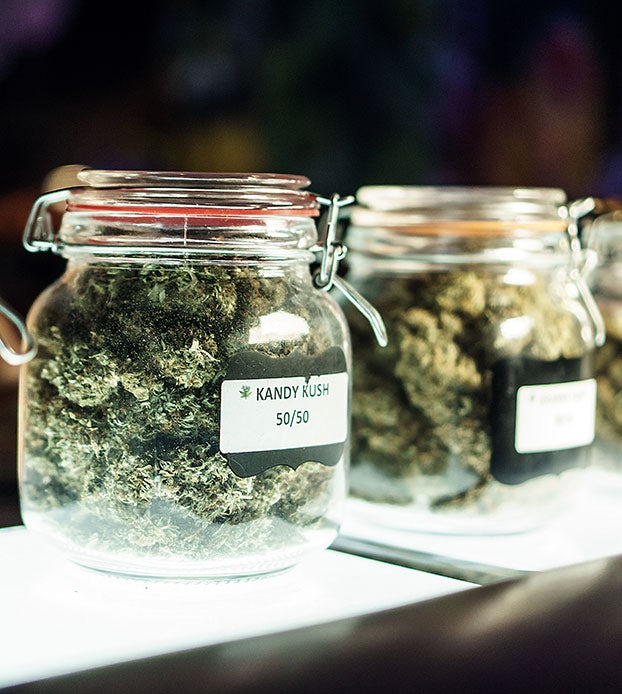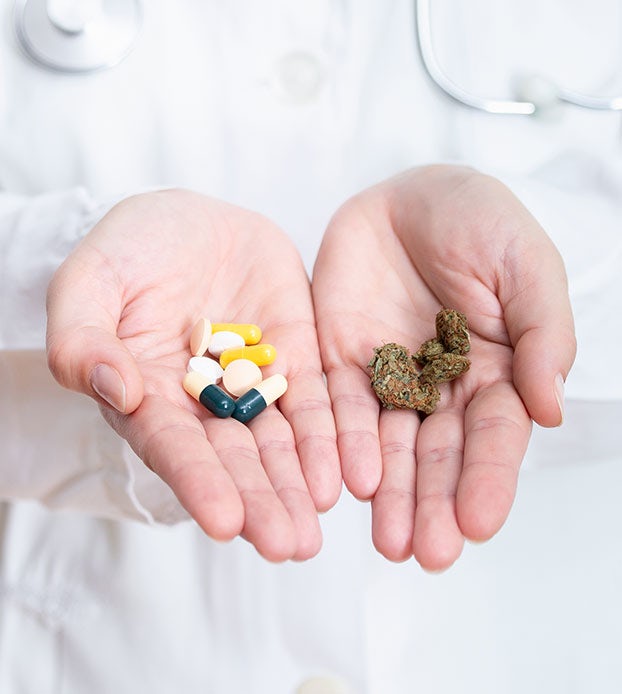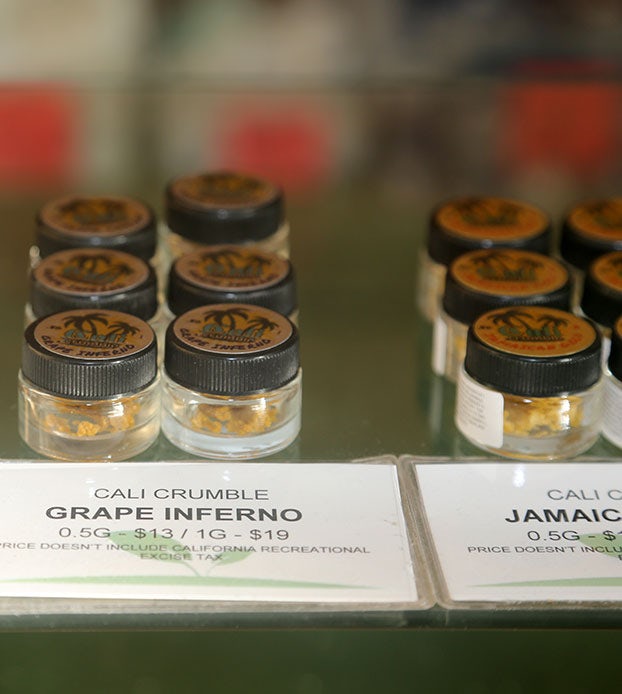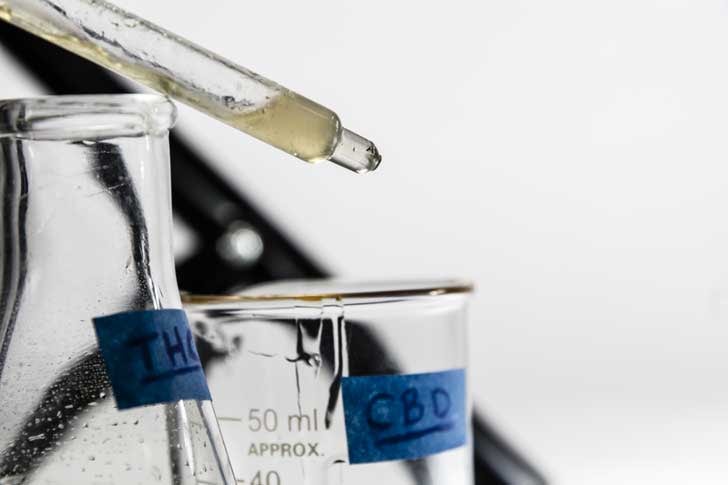“All over the world, we know that patients suffering from ADHD use cannabis. This is something all psychiatrists know,” Dr. Kirsten Muller-Vahl, a professor, neurologist, psychiatrist, and cannabis researcher from Germany told The Cannigma in an interview last year.
“In the past, we all thought that this is a kind of an addiction — we thought this is a comorbidity,” she continued. “But I think we should look at this from the other side. I feel that most of the patients use cannabis as a kind of a self medication.”
There is not a lot of research or hard evidence about whether cannabis can help people suffering from ADHD (attention deficit hyperactivity disorder). Anecdotal evidence is abundant, but many in the medical profession are skeptical.
In an interview with The Cannabis Enigma podcast last week, cannabis educator Max Simon described how nearly every healthcare professional — and even meditation mentors — warned him about his cannabis use and implored him to stop using it.
“Everybody basically told me that this was detrimental and something I should stay away from and so I have gone through the route of trying all the traditional therapeutic routes of administration for ADD, which not only didn’t help — but didn’t feel good either,” recalled Simon, today the founder and CEO of the Green Flower cannabis education platform.
Using cannabis is quite common among people living with ADHD.
Youth who have been diagnosed with ADHD are three times more likely to report using cannabis later in life compared to people without an ADHD diagnosis, according to a long-term prospective study that followed ADHD-diagnosed children into adulthood1.
Most of the time, that cannabis use is viewed negatively. The vast majority of medical literature on the topic treats cannabis use as a complicating factor in the treatment of ADHD at best, and as substance abuse at worse.
Those fears are not always misplaced.
Children with ADHD are more than 1.5 times more likely than their peers to be diagnosed with cannabis use disorder in adulthood2, and more worryingly, adults diagnosed with cannabis use disorder are twice as likely to also be diagnosed with ADHD, according to one study3.
There is, however, evidence that it can help.

An Israeli survey of medical cannabis patients being treated for other conditions who also happen to have ADHD, looked at how cannabis affected the patients’ use of traditional ADHD medications and treatments4.
That study demonstrated that patients treated with medical cannabis stopped their ADHD medications, especially those taking high doses of cannabis and were classified as having low ADHD symptoms frequency, the researchers wrote.
“These results might suggest that ADHD patients consume [medical cannabis] as a substitute treatment for their conventional ADHD treatment,” the researchers concluded.
So what can cannabis do for people living with ADHD?
Simon describes his ADHD as an unrelenting sense of being wired that never goes away, making anything that requires patience extremely difficult.
“[Cannabis] allows me to settle down, that’s one thing is it just kind of settles my system down to what I would imagine is more what normal people feel like on a day-to-day basis,” Simon explained.
In addition, cannabis also helps him sleep, and makes it easier to be social.
“It has this kind of trifecta of slowing the system down, socially making me more connected, helping me sleep a little deeper and feel better as a result of all those things, be able to engage in relationships in a healthier way and be able to engage in life in a healthier way,” Simon added.
“Many adolescents and adults with ADHD are convinced that cannabis does help them and has fewer side effects [than ADHD medications],” Dr. Jack McCue, MD, told Healthline. “It may be that they, not their doctors, are correct.”
“The limited research on what patients say cannabis does for ADHD symptoms indicates that it is most helpful for hyperactivity and impulsivity. It may be less helpful for inattentiveness,” Dr. McCue added.
It is critical to listen to patients, Dr. Muller-Vahl said, but that doesn’t necessarily mean there is scientific evidence of the efficacy of what they’re saying. “It still might be that there’s a strong placebo effect.”
Until we get those clinical studies that determine once and for all whether the reason people with ADHD are drawn to cannabis is because it helps them, we can still learn a lot from anecdotal evidence from those very people.
While the Israeli study suggested that high doses of cannabis were most effective at replacing ADHD treatments, Simon said he has found that a very low dose is what works best for him.
“I’m on a very low dose THC tincture,” Simon said. “Right now my current regimen is 2.5 milligrams of THC twice a day and that’s it.”
The monthly allotment for medical cannabis cited by the study is 20-30 grams, which averages out between 0.66 and 1 gram of cannabis per day. Assuming a conservative 15% THC, that would be between 99-150mg per day.
“That low dose THC tincture took me about a year of trial and error to just get to a place of recognizing this was the best method for me,” he added.
Sources
- Mitchell, J. T., Sweitzer, M. M., Tunno, A. M., Kollins, S. H., & McClernon, F. J. (2016). “I Use Weed for My ADHD”: A Qualitative Analysis of Online Forum Discussions on Cannabis Use and ADHD. PloS one, 11(5), e0156614. https://doi.org/10.1371/journal.pone.0156614
- Mitchell, J. T., Sweitzer, M. M., Tunno, A. M., Kollins, S. H., & McClernon, F. J. (2016). “I Use Weed for My ADHD”: A Qualitative Analysis of Online Forum Discussions on Cannabis Use and ADHD. PloS one, 11(5), e0156614. https://doi.org/10.1371/journal.pone.0156614
- Zaman, T., Malowney, M., Knight, J., & Boyd, J. W. (2015). Co-Occurrence of Substance-Related and Other Mental Health Disorders Among Adolescent Cannabis Users. Journal of addiction medicine, 9(4), 317–321. https://doi.org/10.1097/ADM.0000000000000138
- Hergenrather, J. Y., Aviram, J., Vysotski, Y., Campisi-Pinto, S., Lewitus, G. M., & Meiri, D. (2020). Cannabinoid and Terpenoid Doses are Associated with Adult ADHD Status of Medical Cannabis Patients. Rambam Maimonides medical journal, 11(1), e0001. https://doi.org/10.5041/RMMJ.10384
Sign up for bi-weekly updates, packed full of cannabis education, recipes, and tips. Your inbox will love it.

 Shop
Shop Support
Support
















